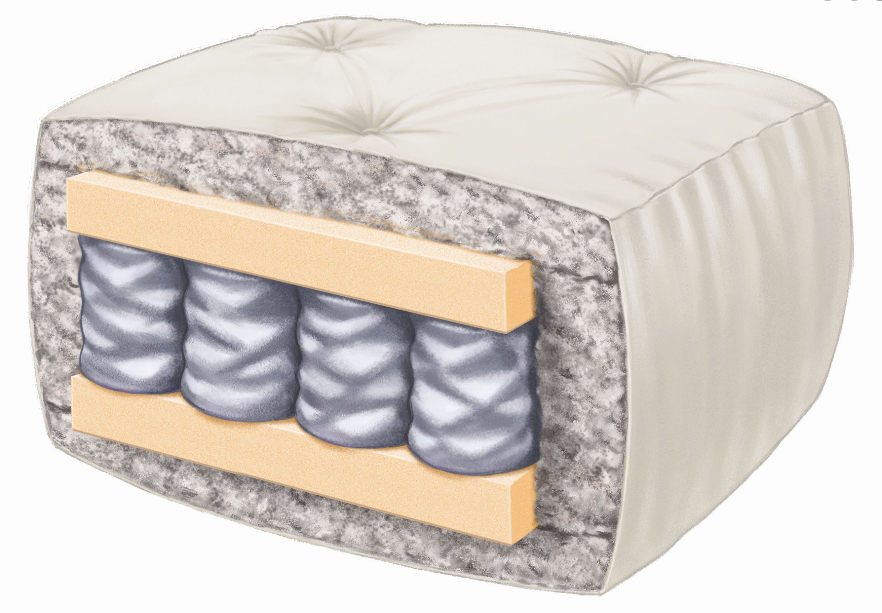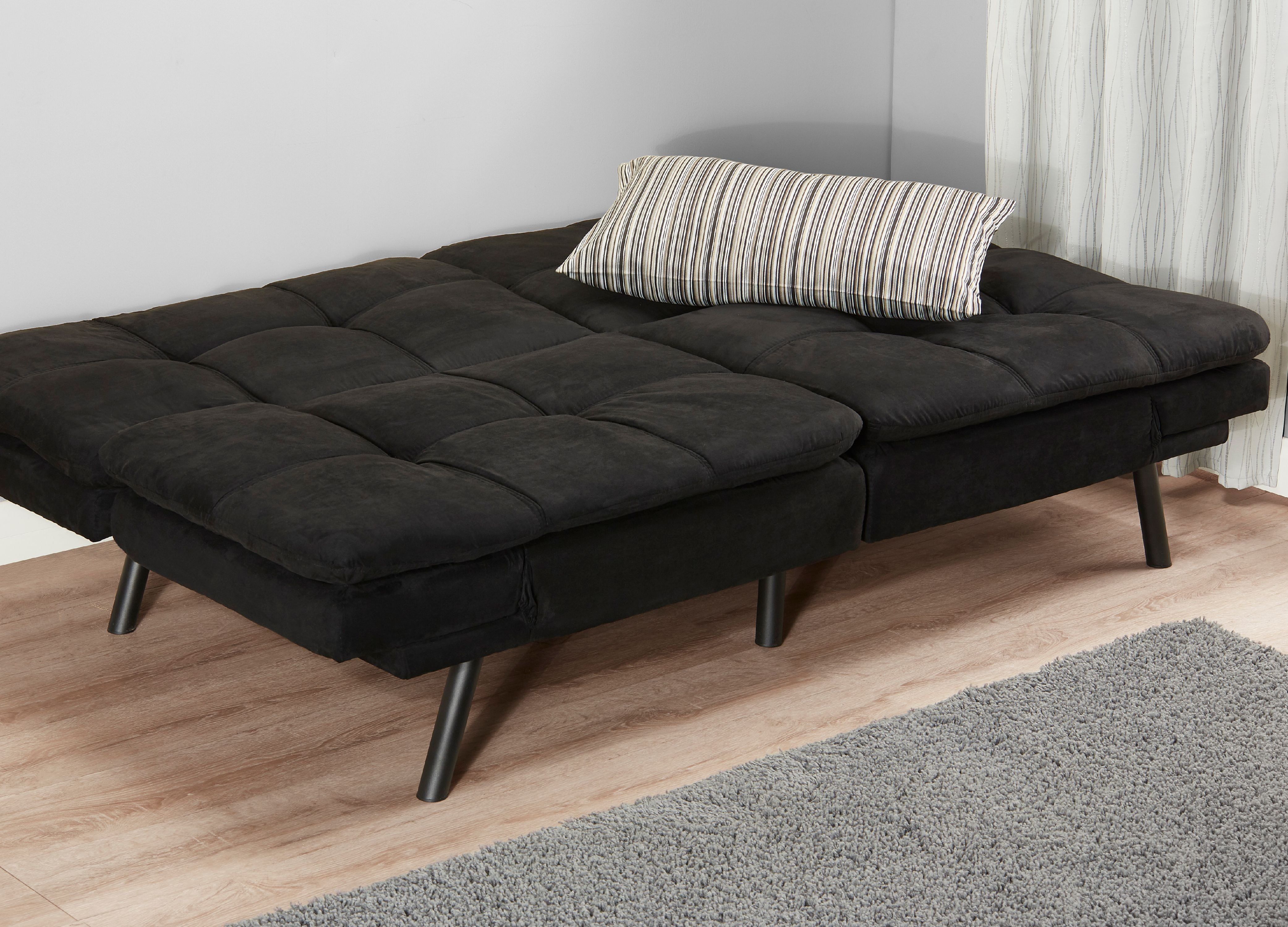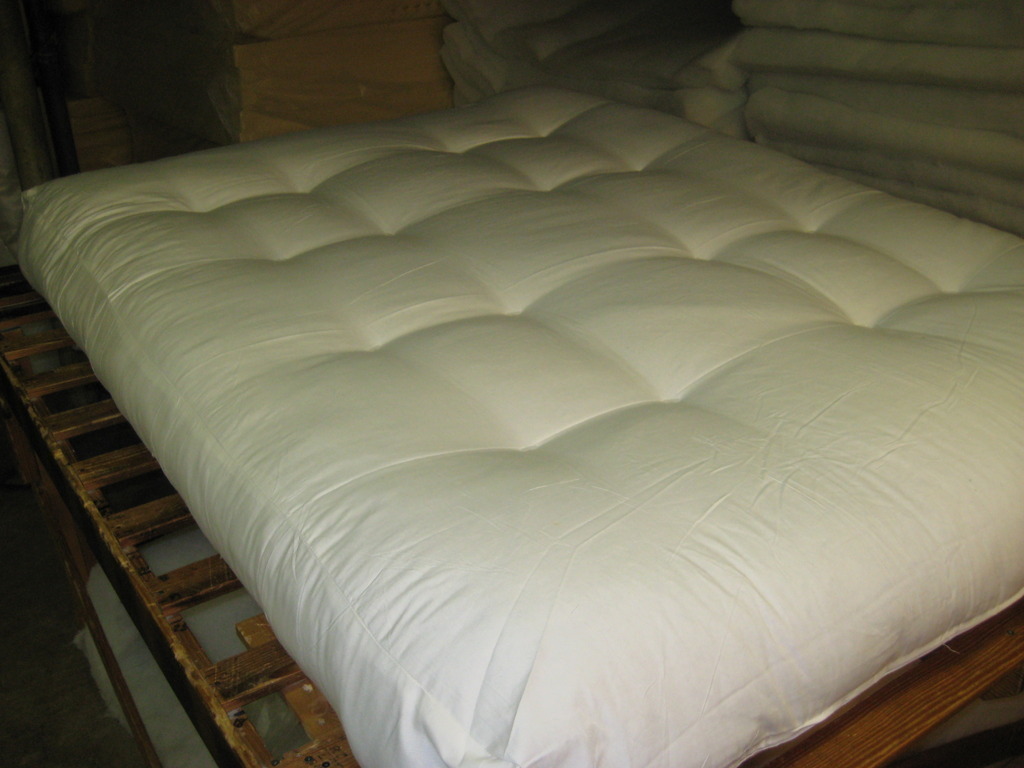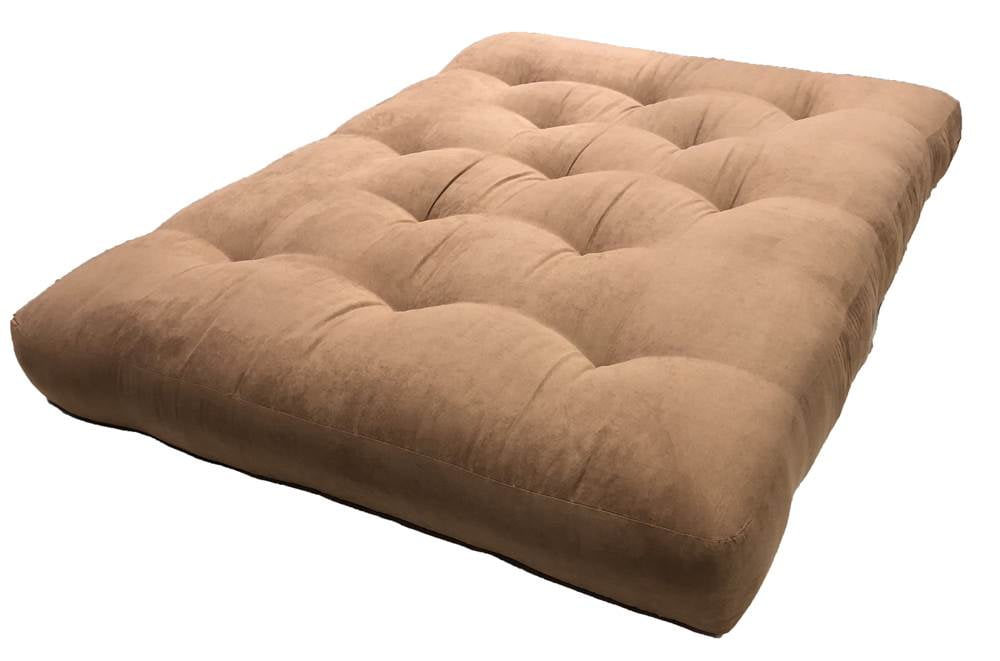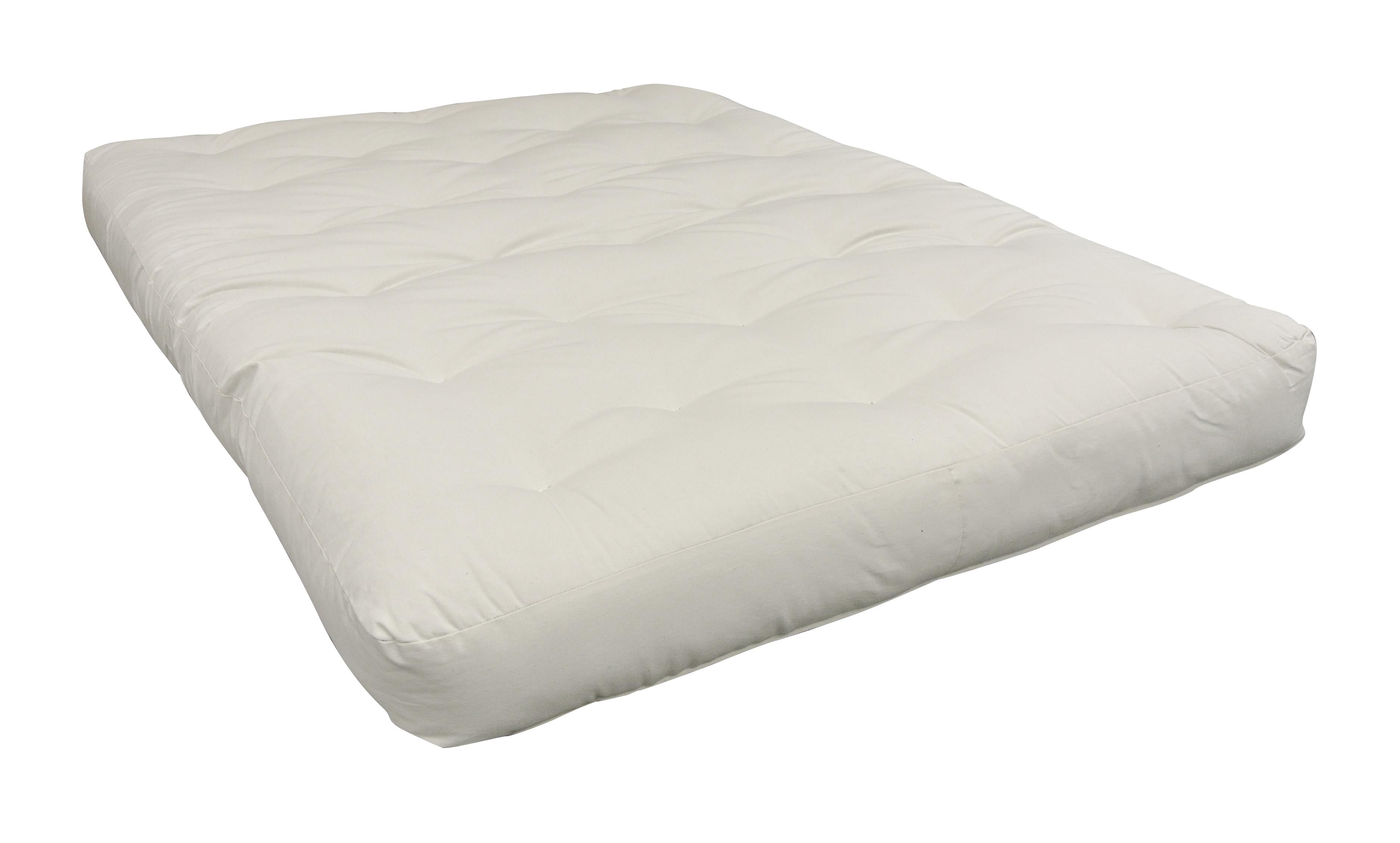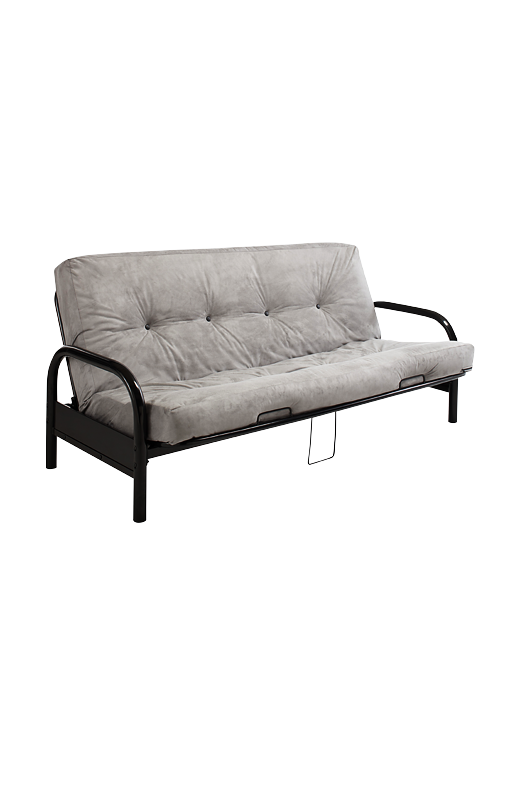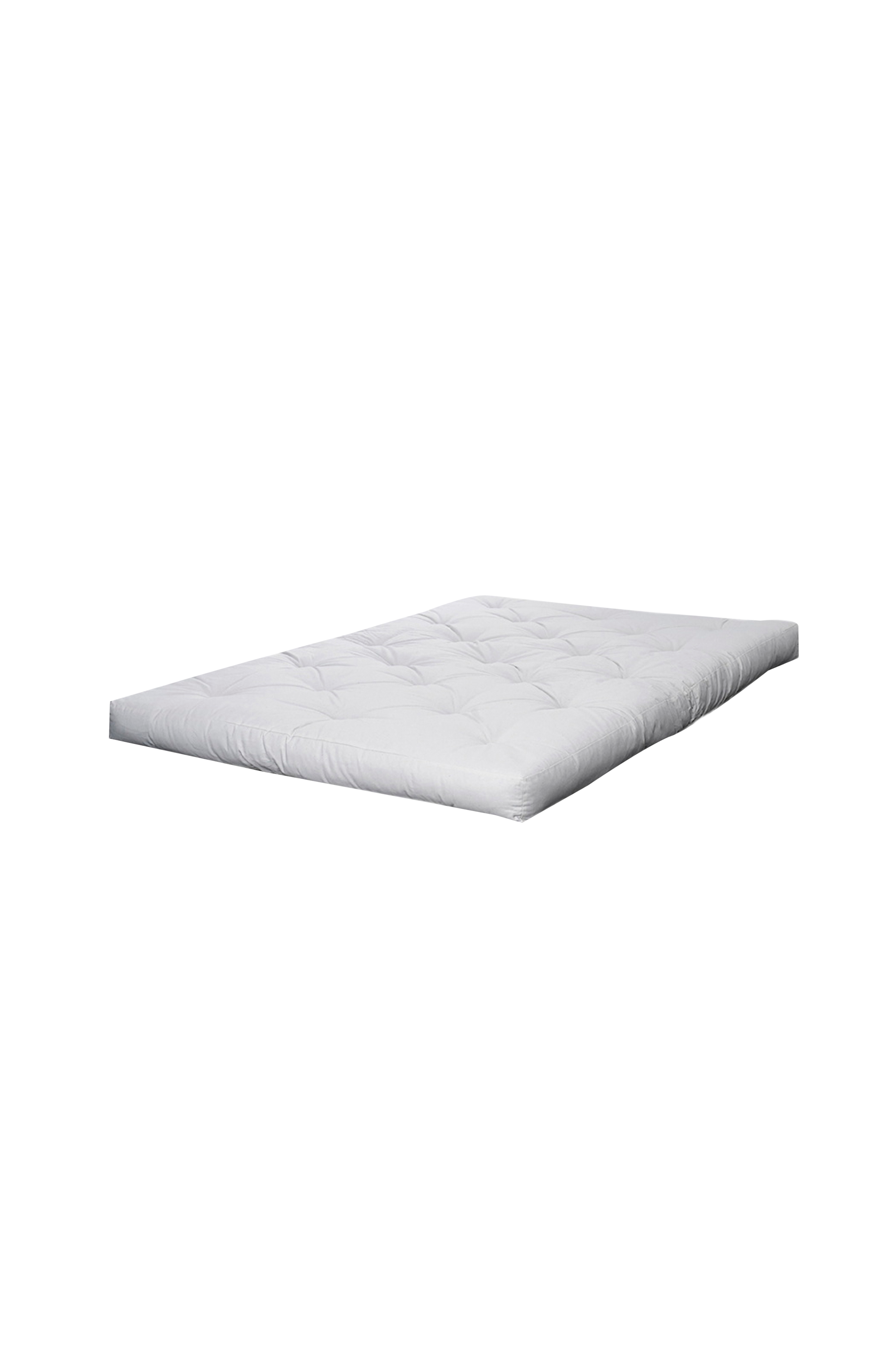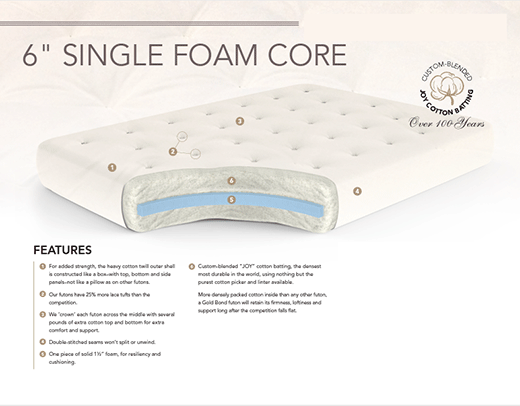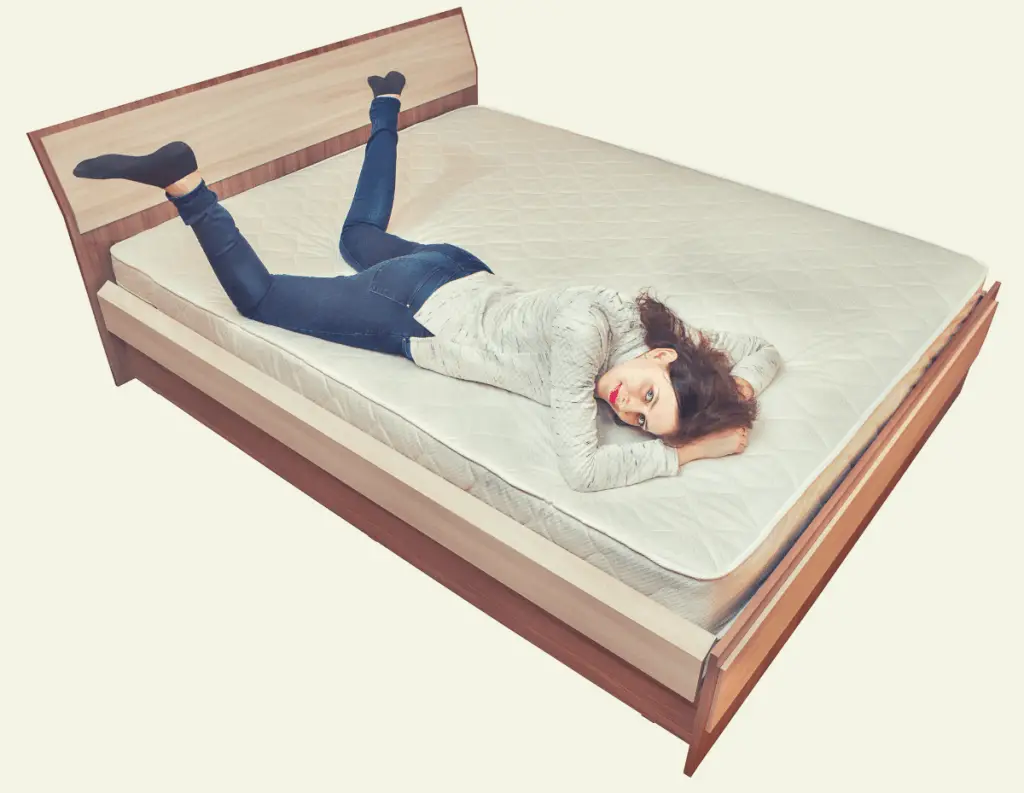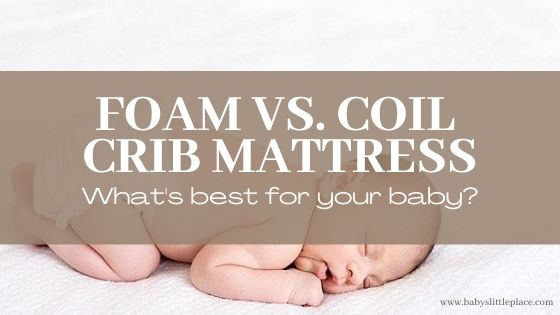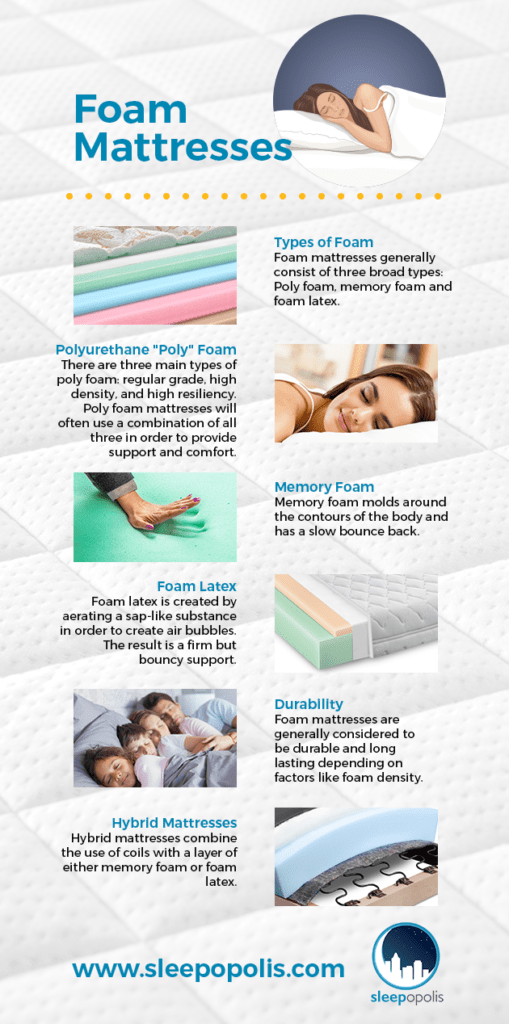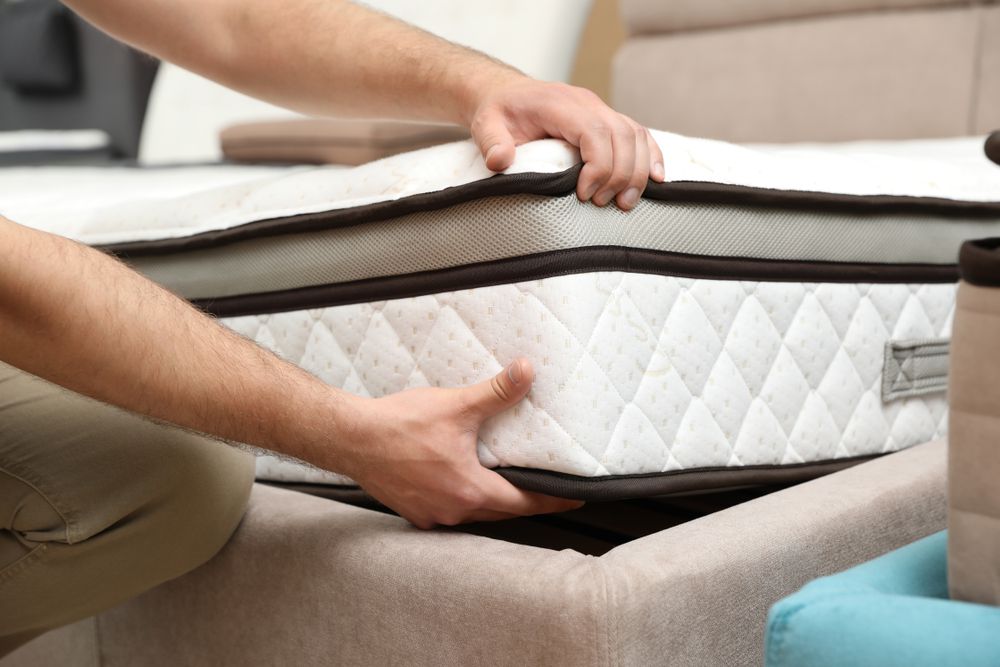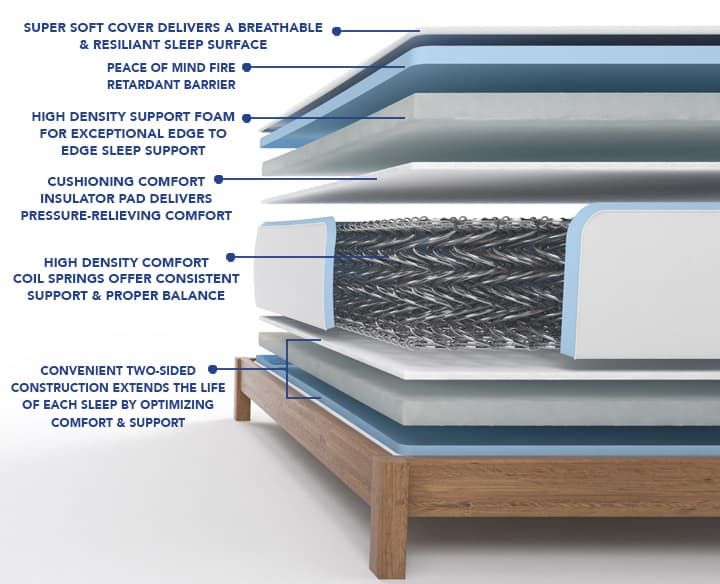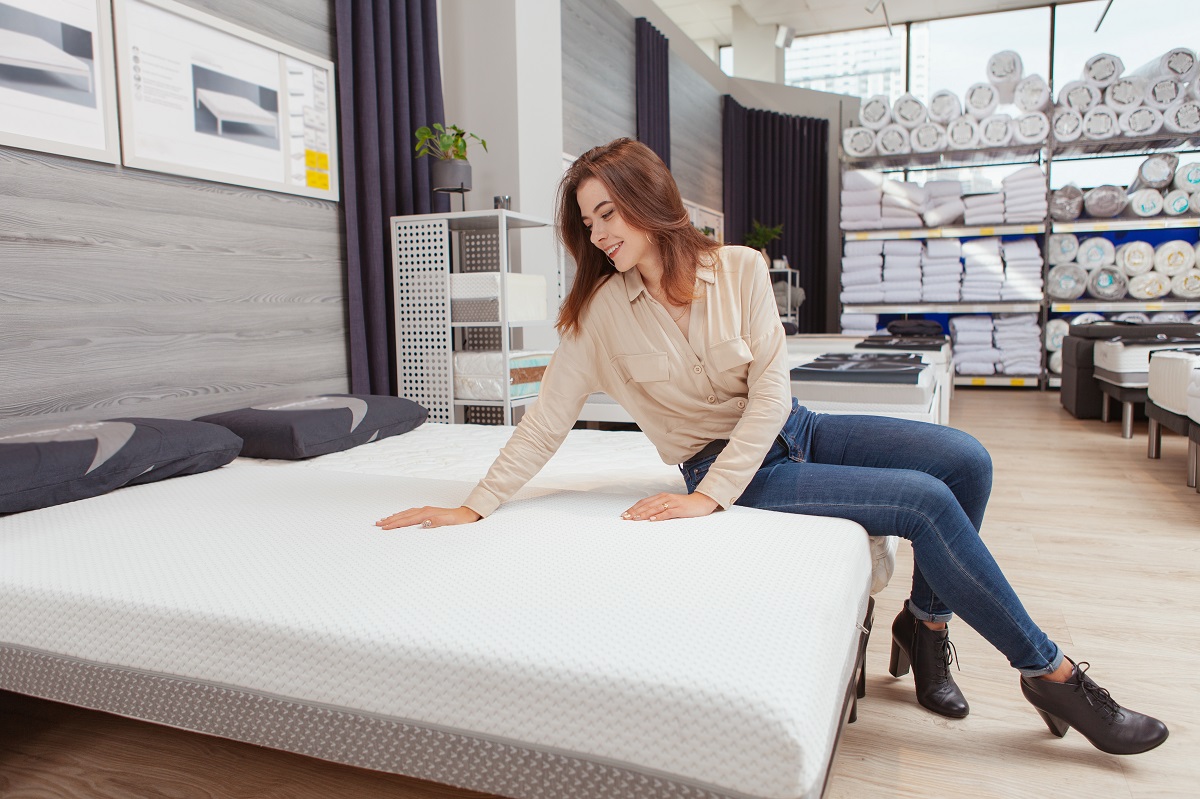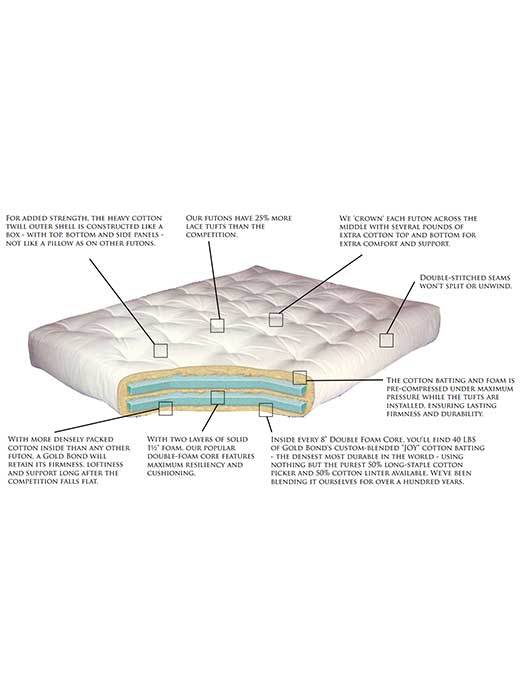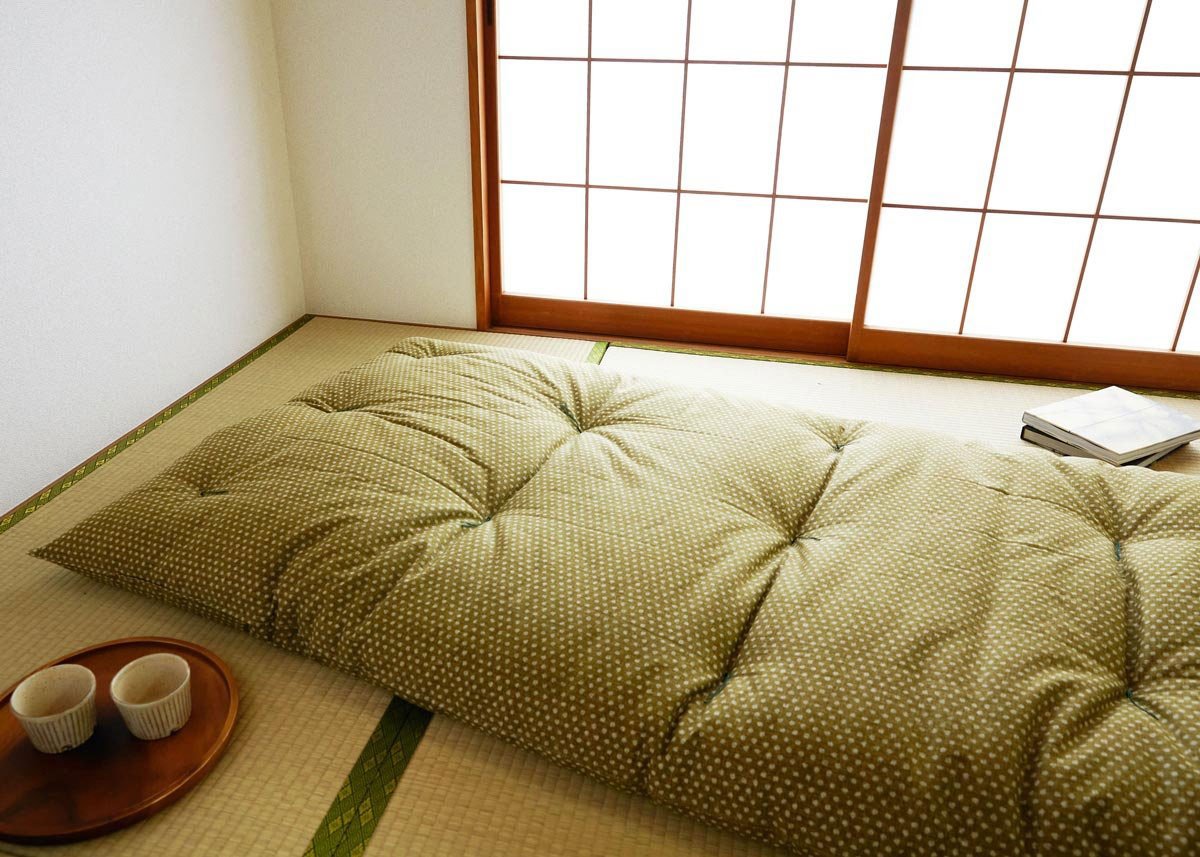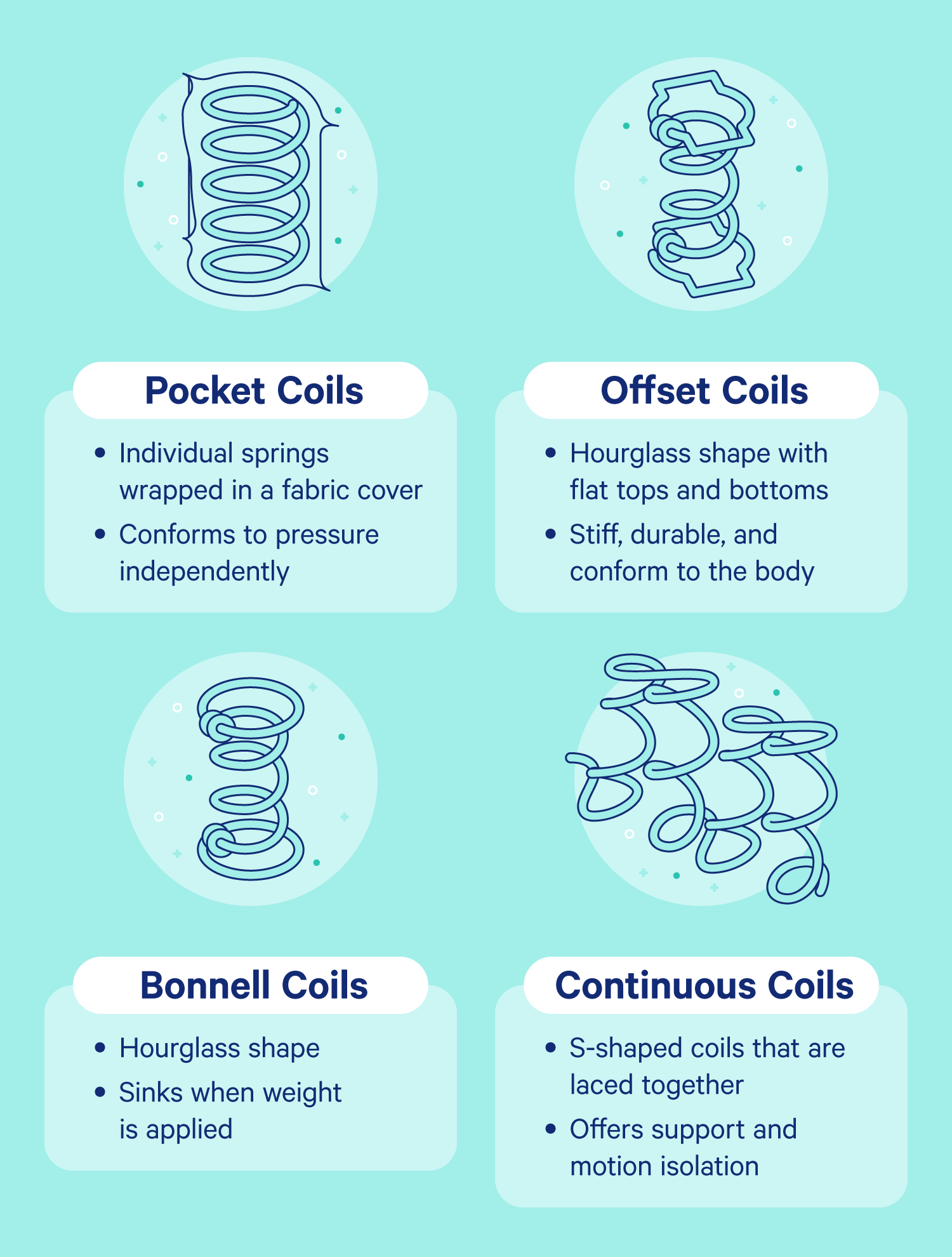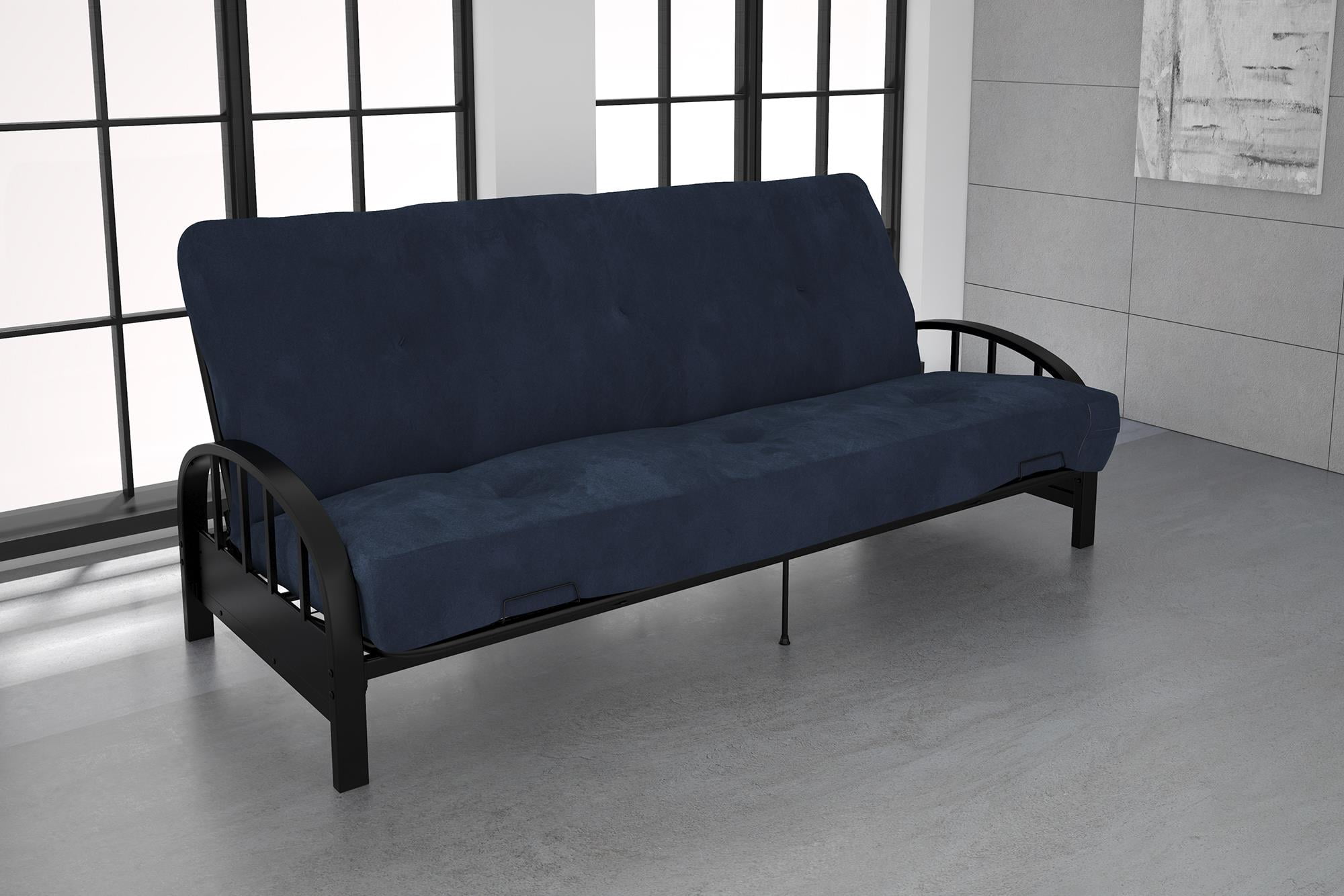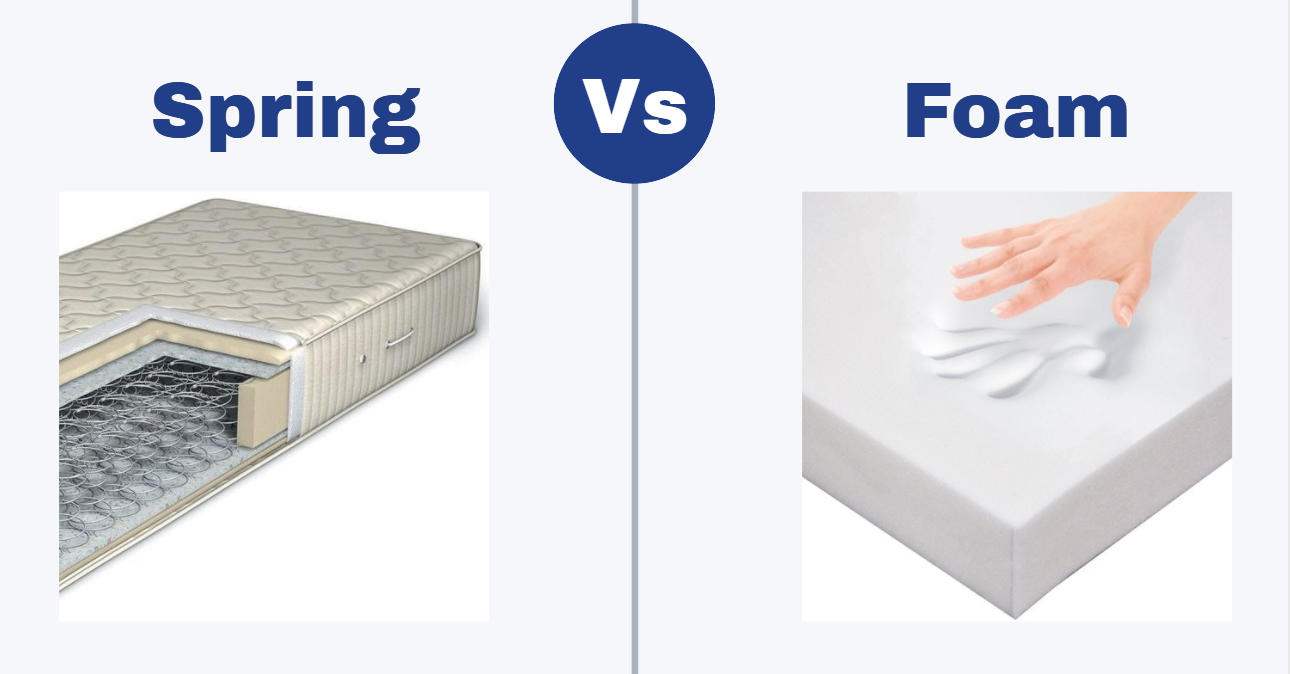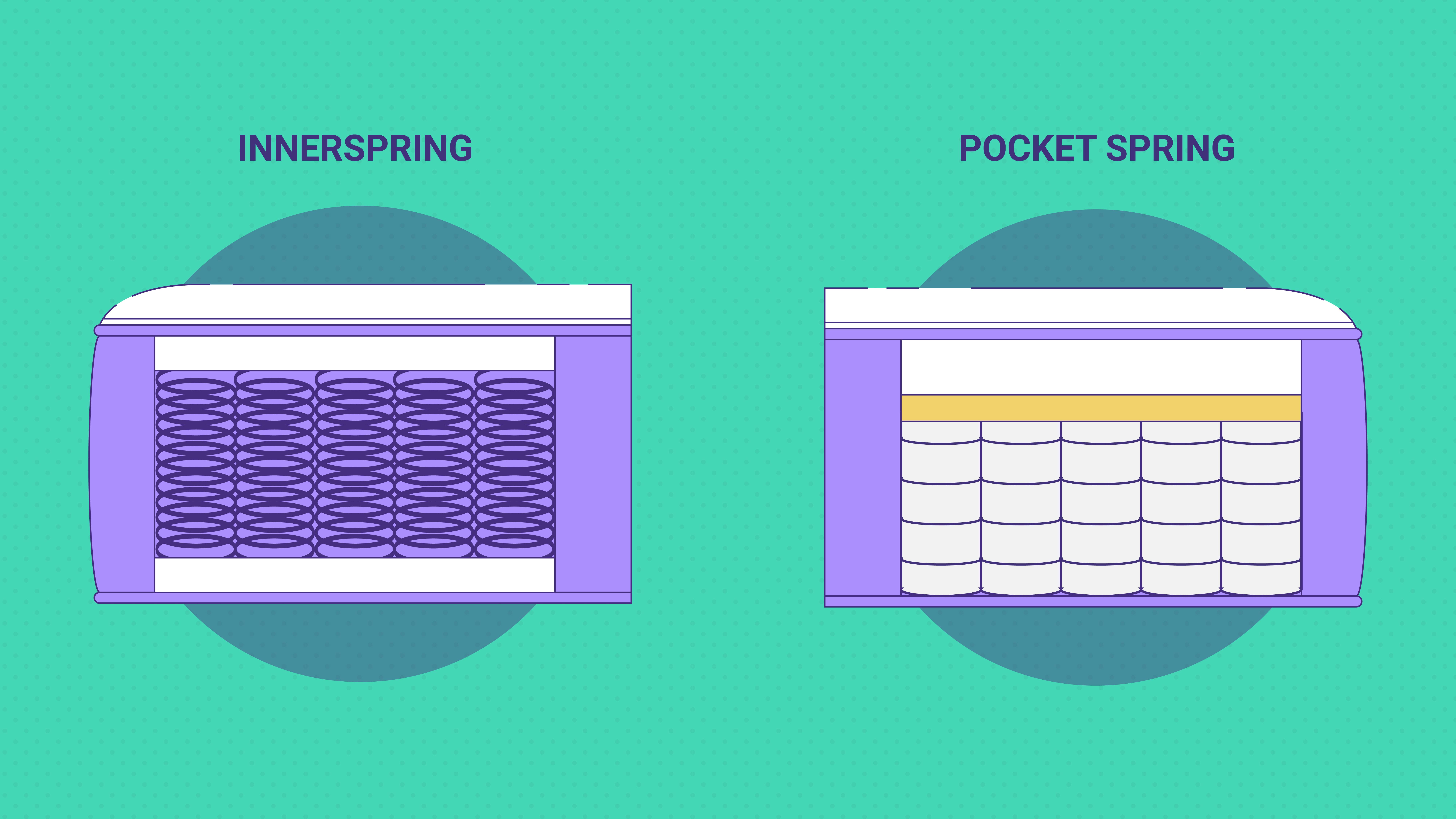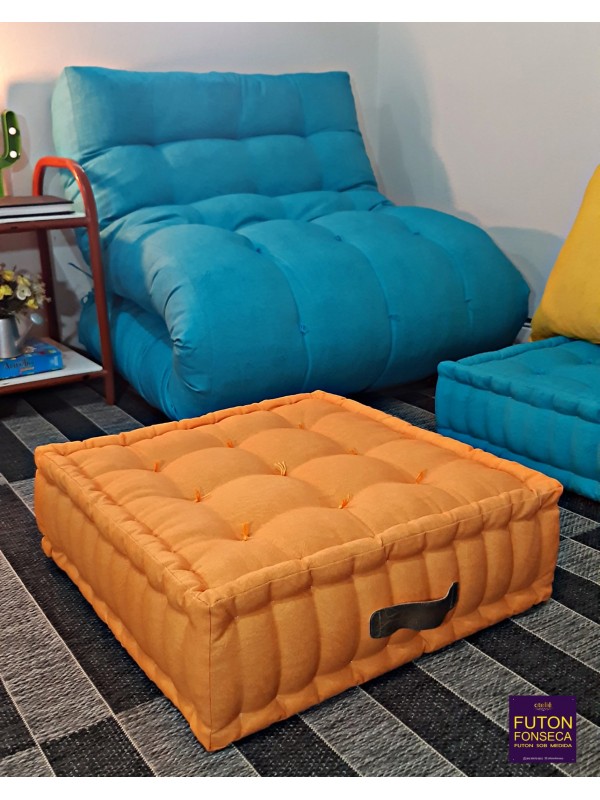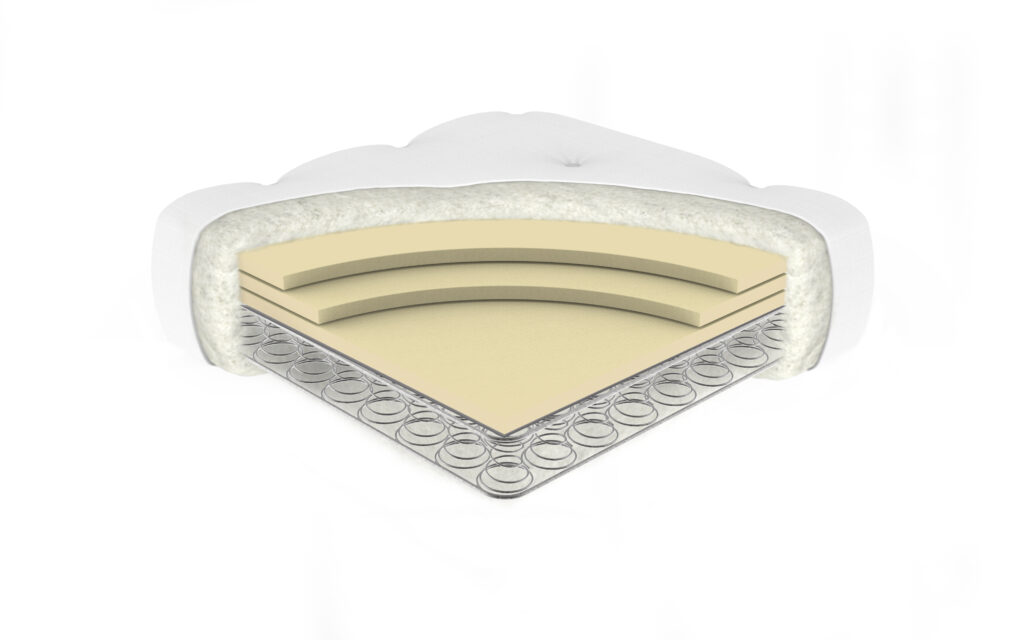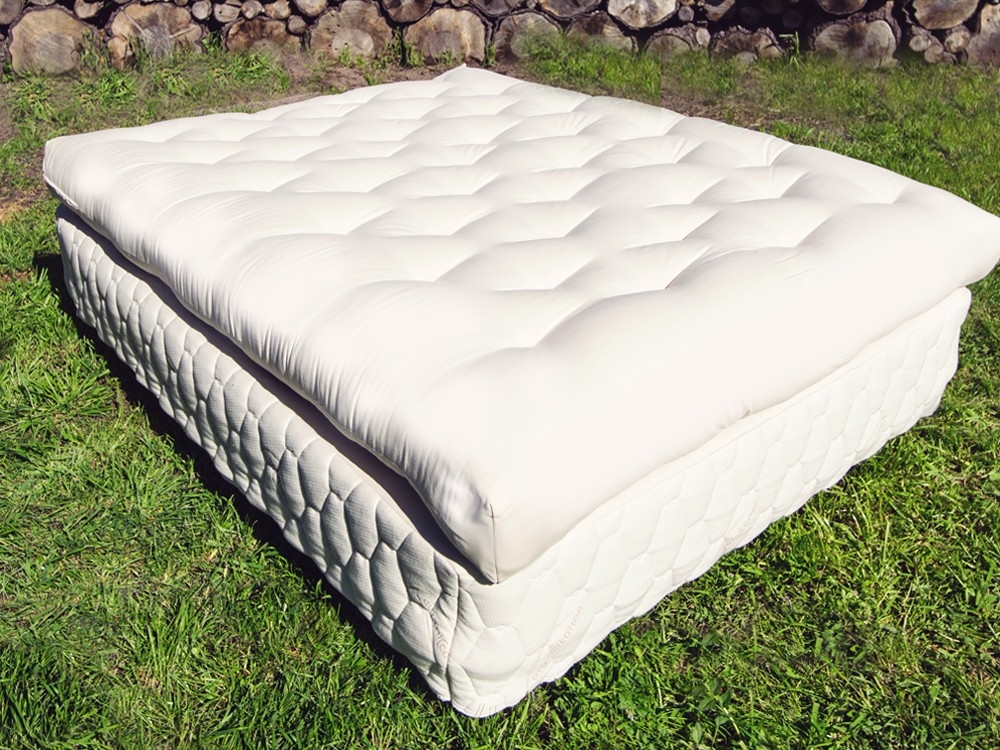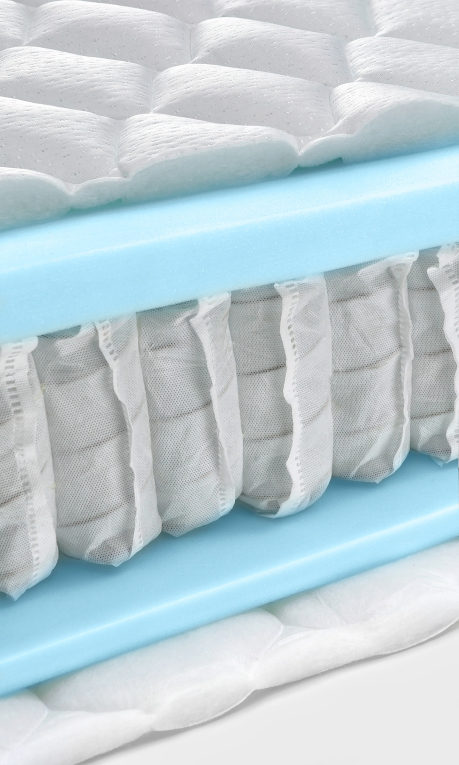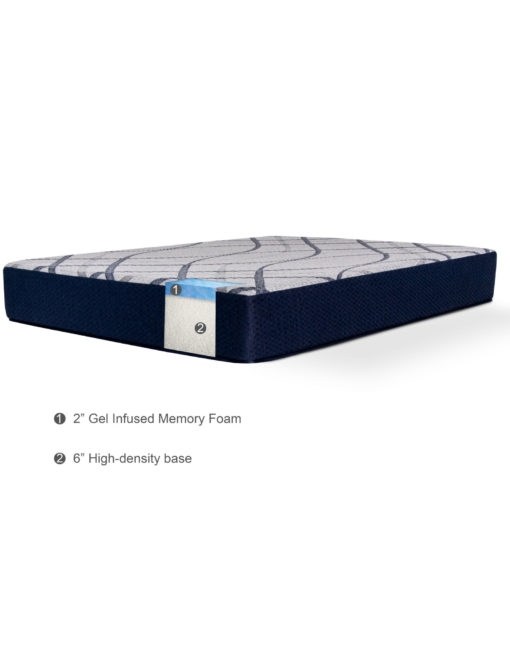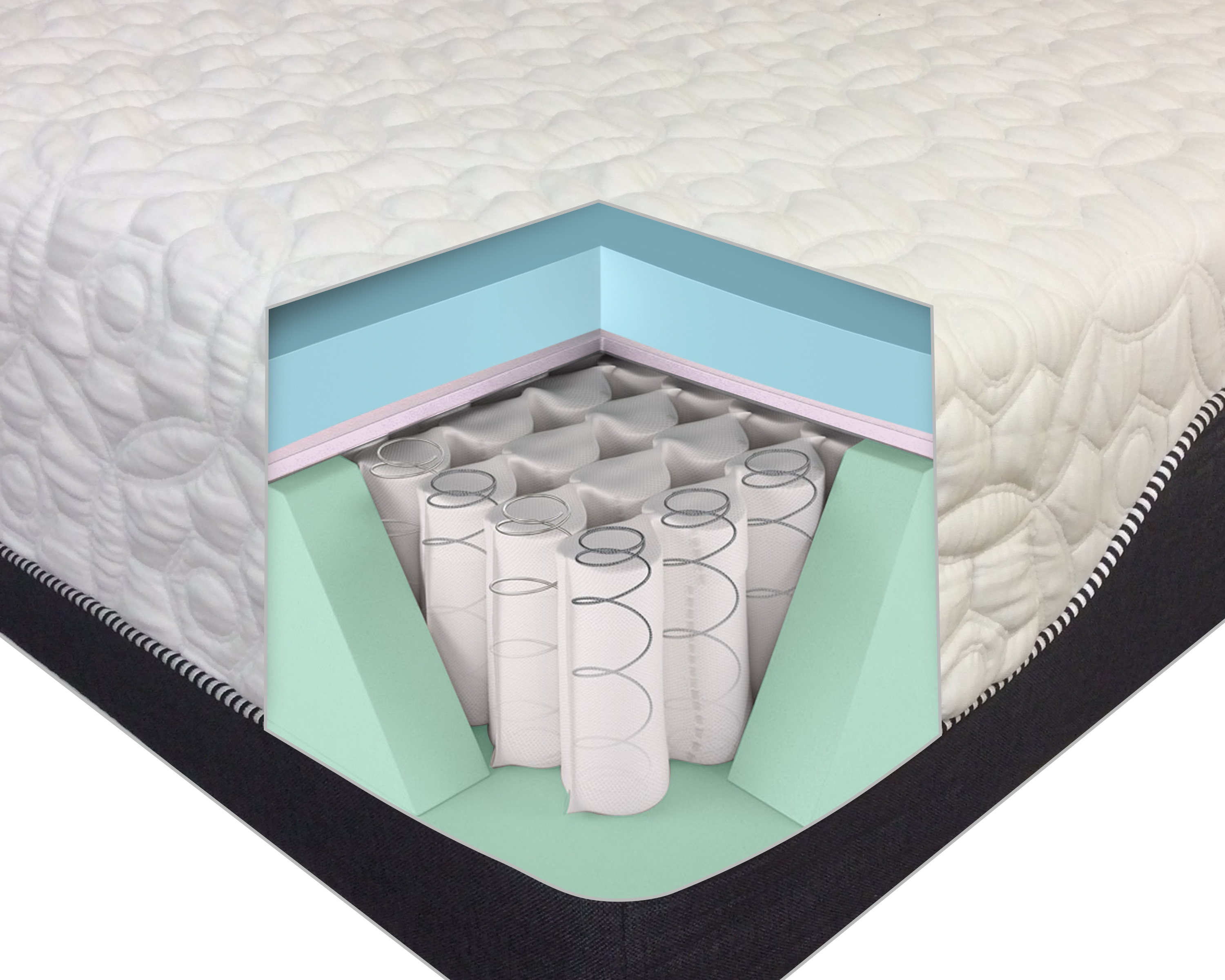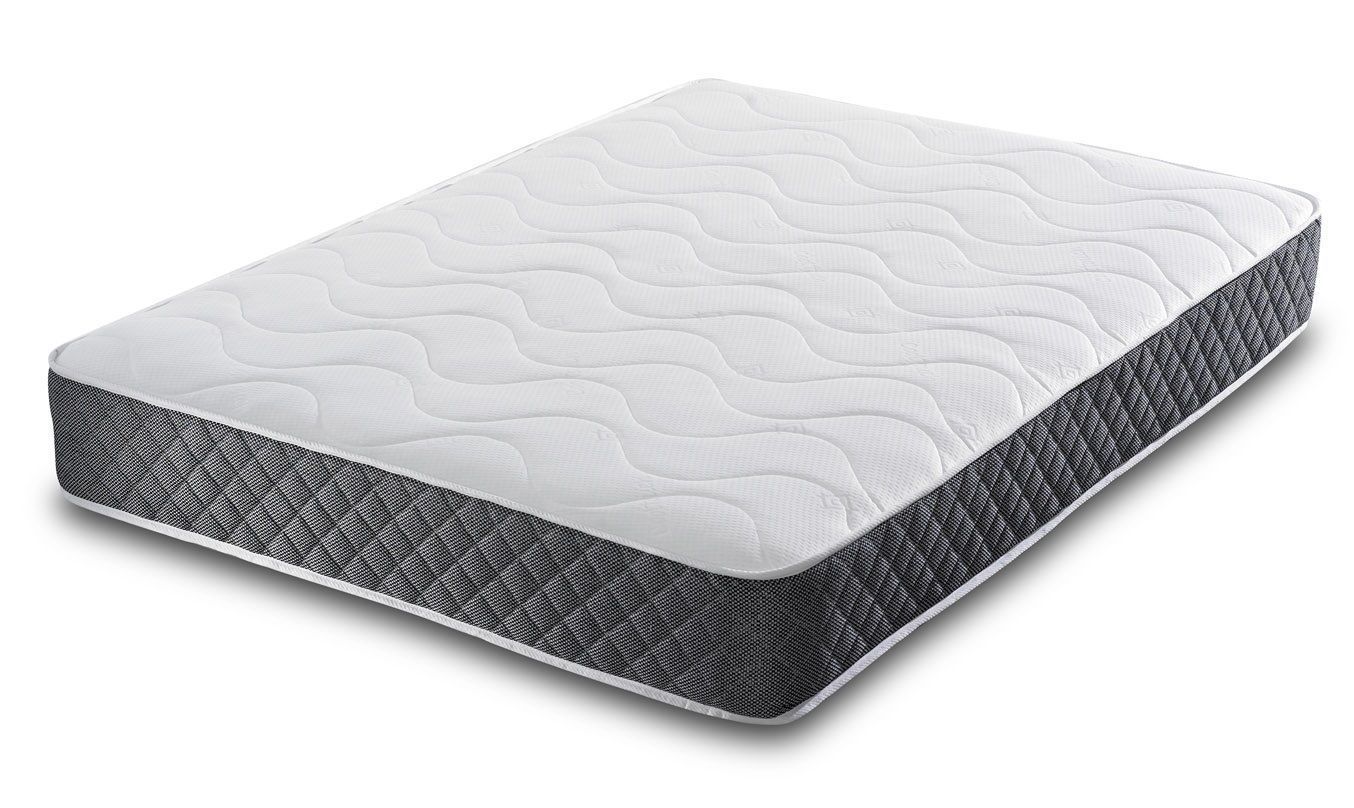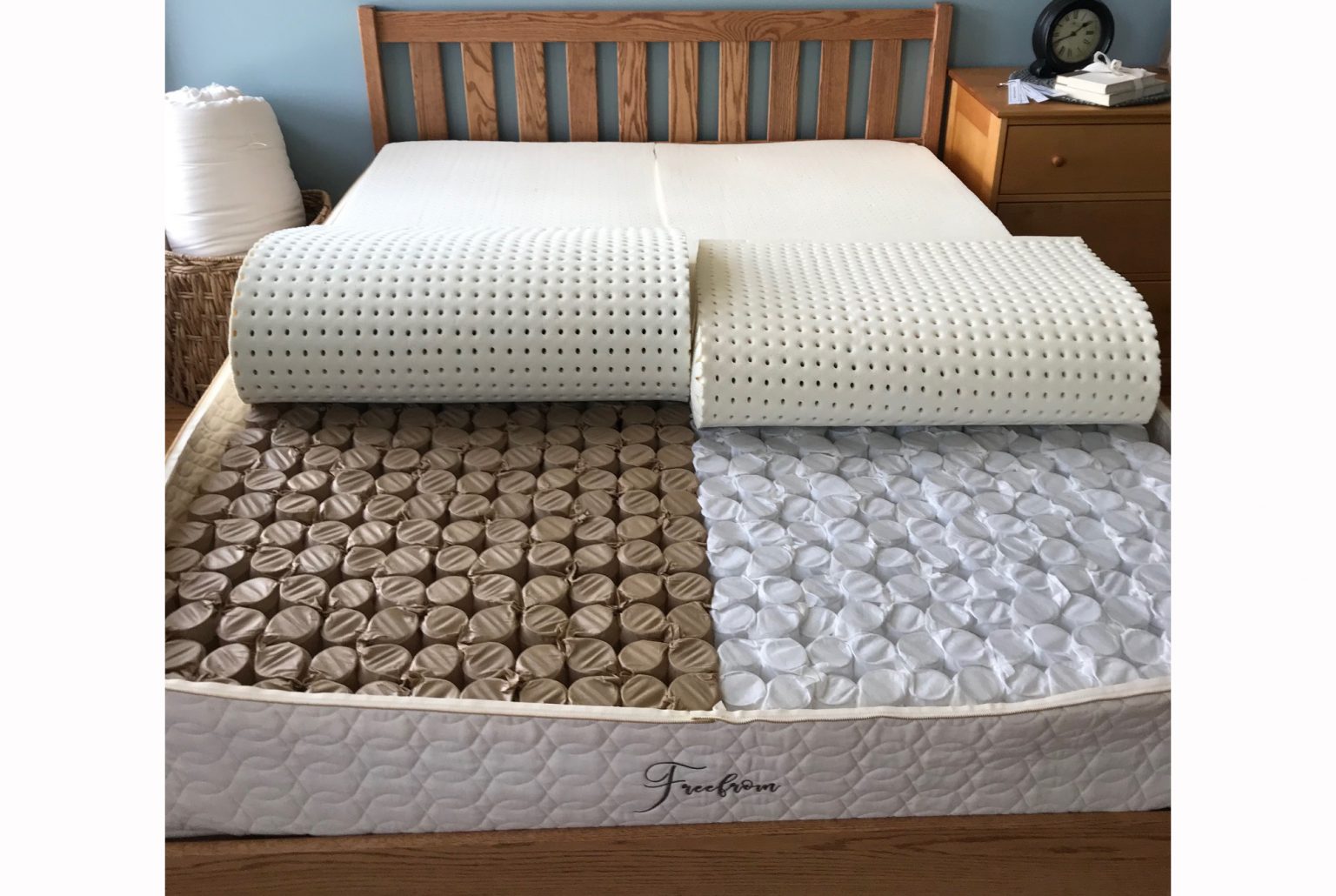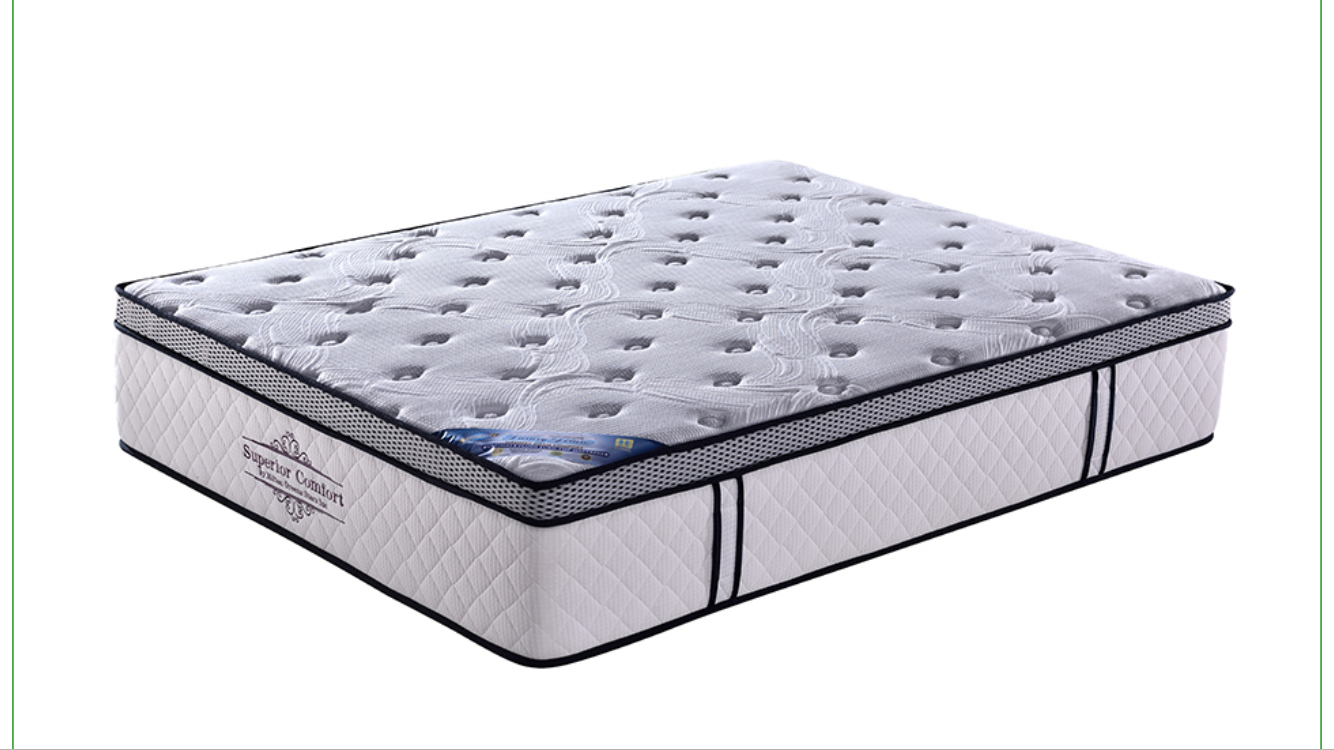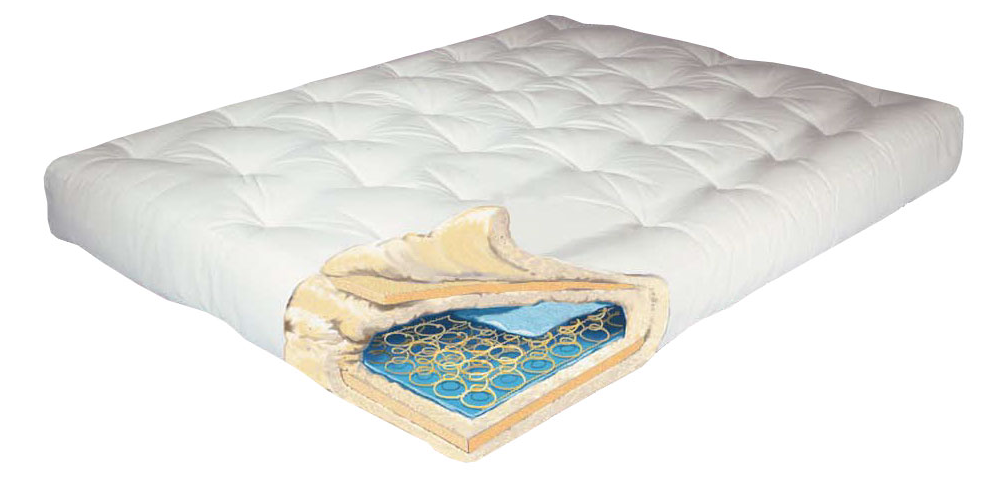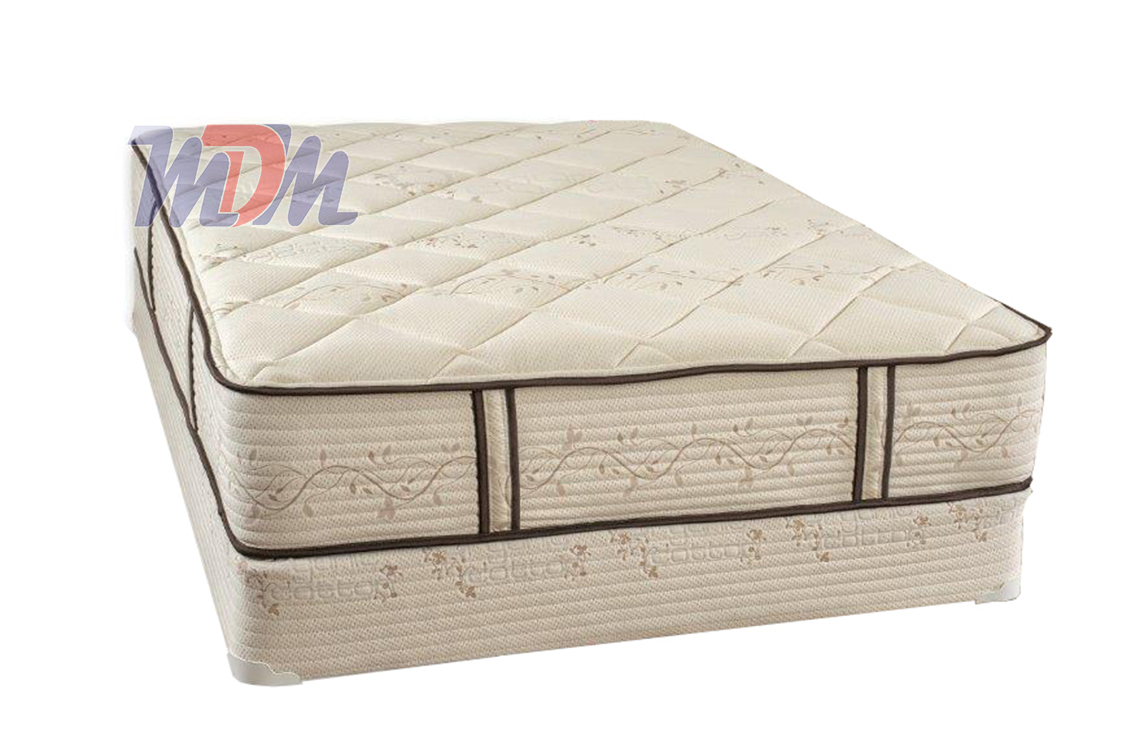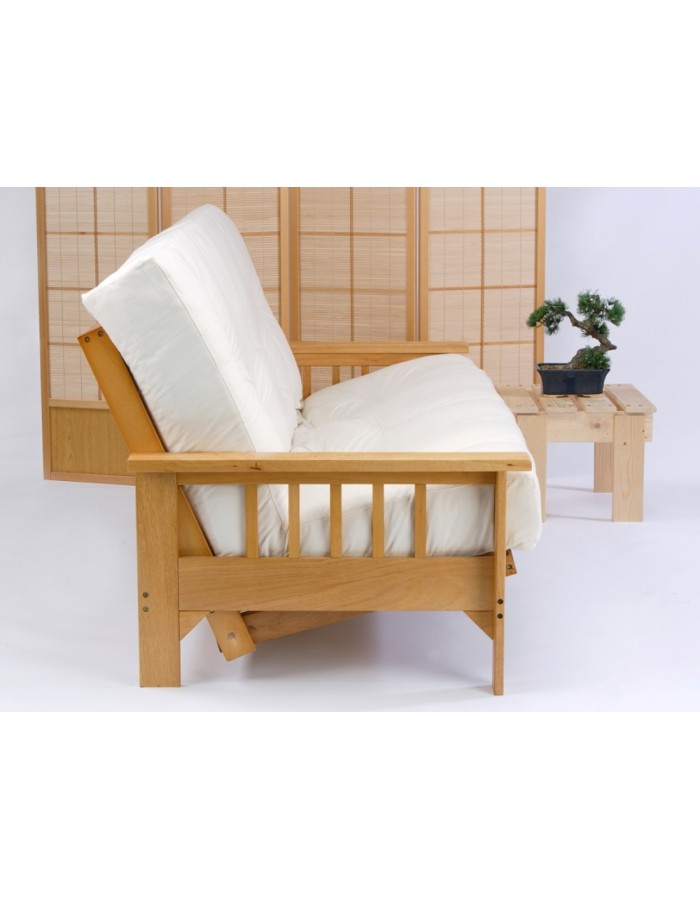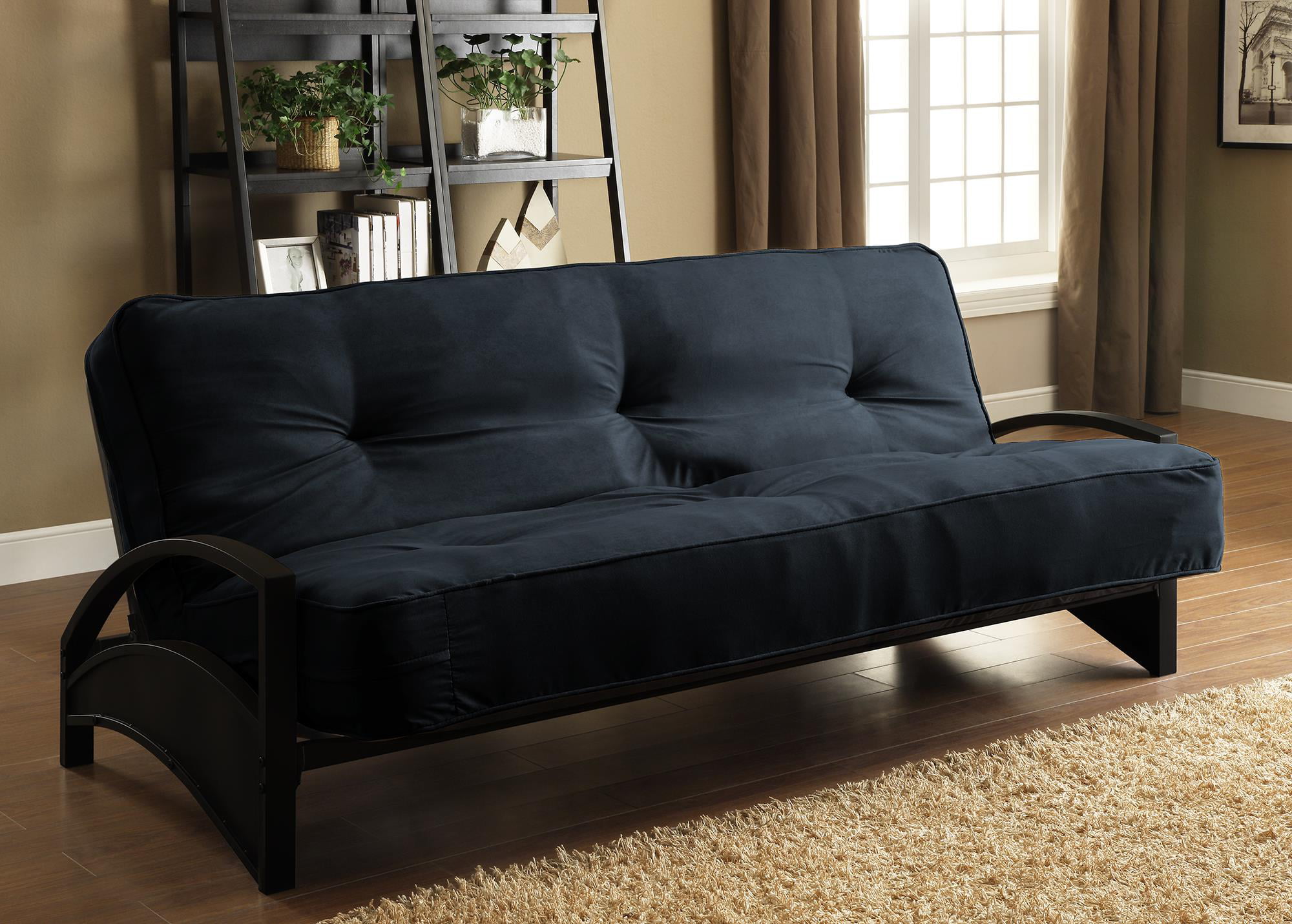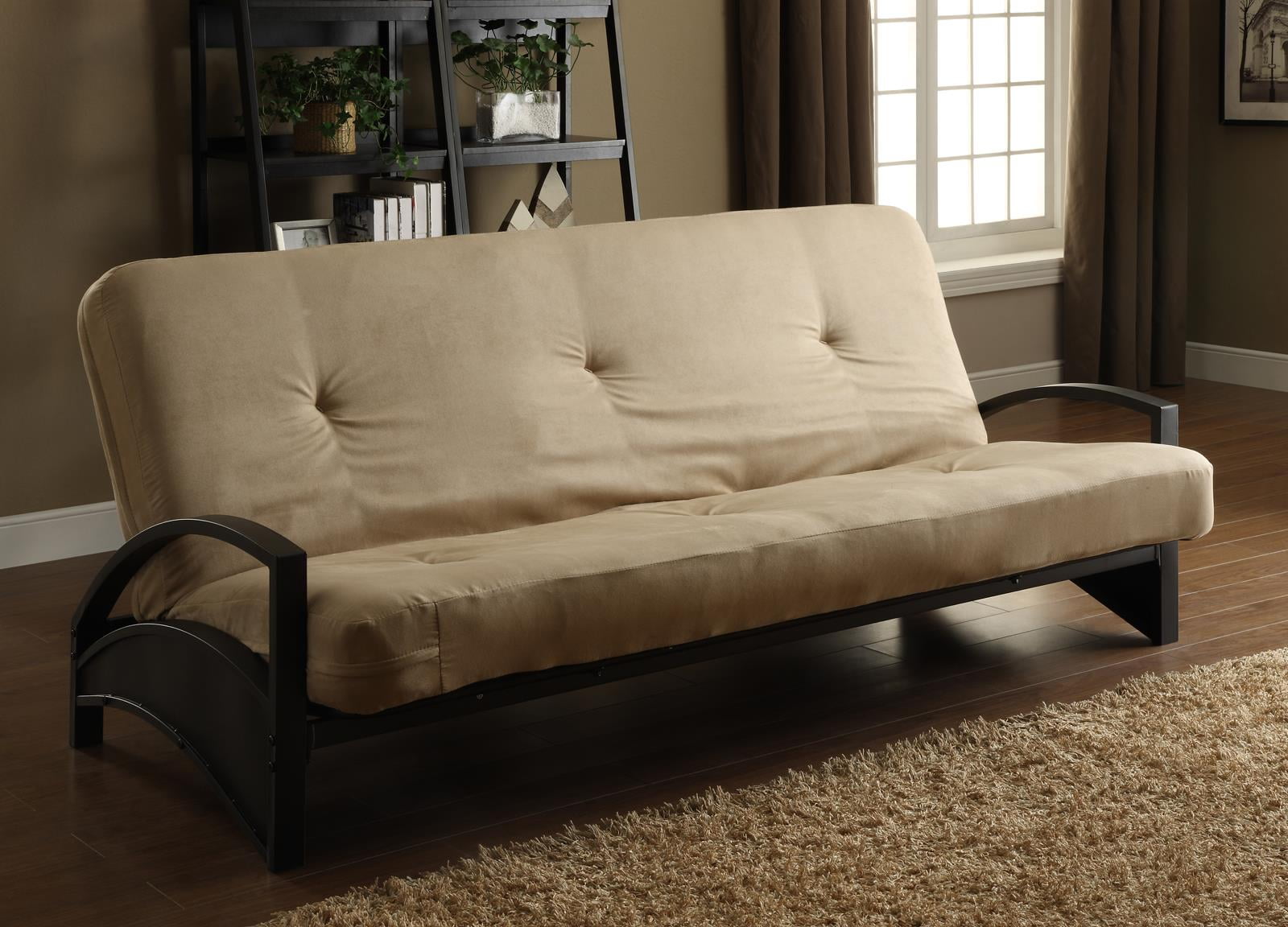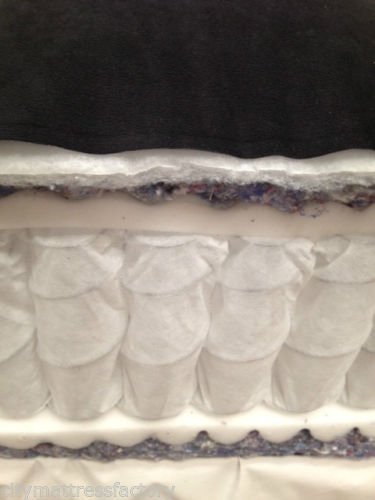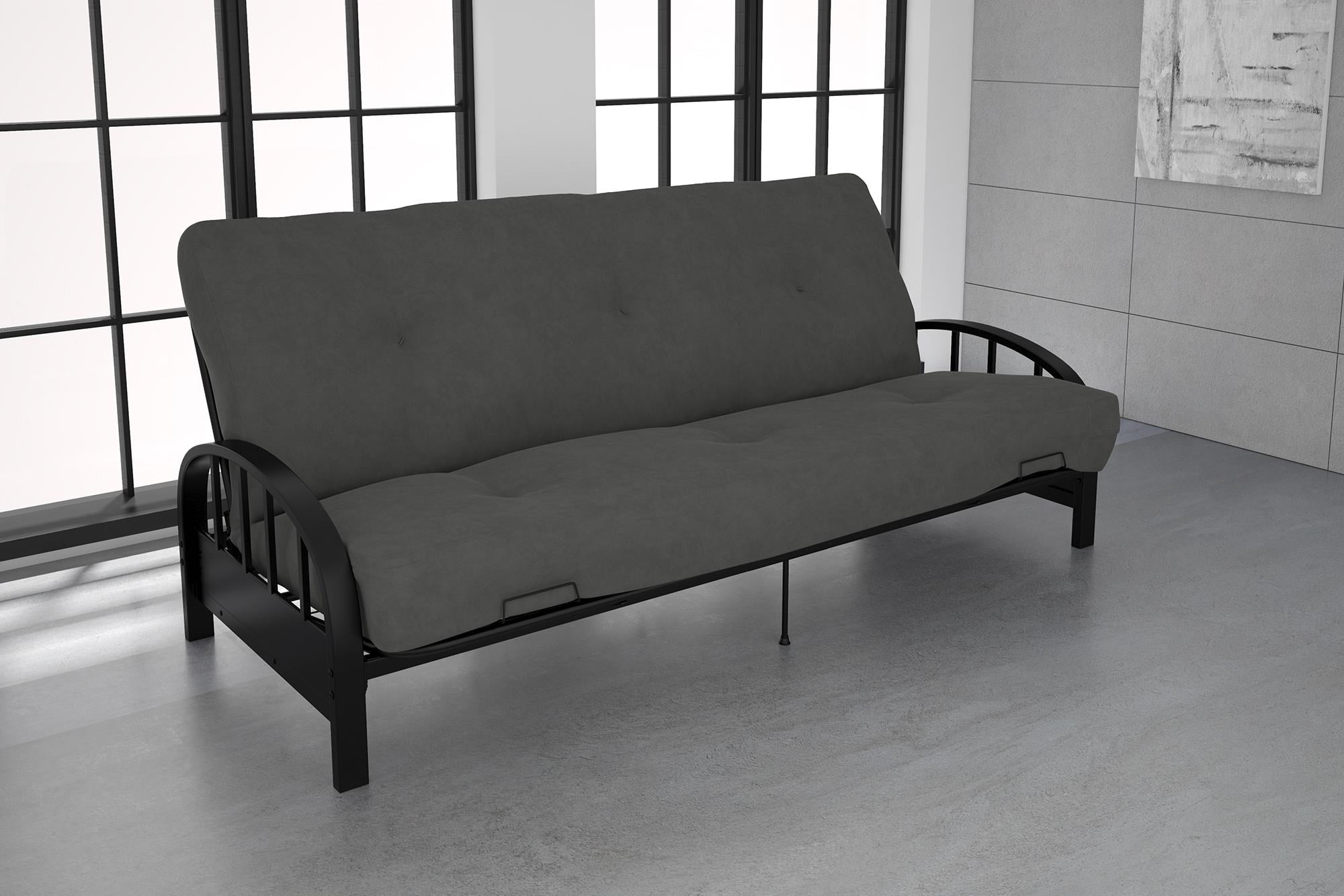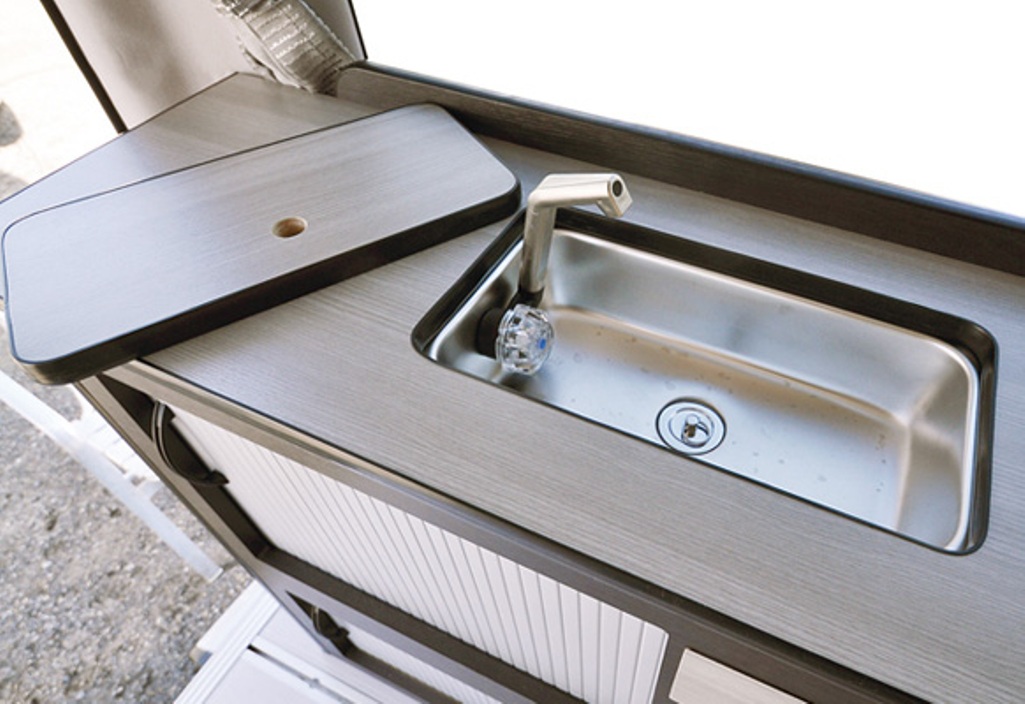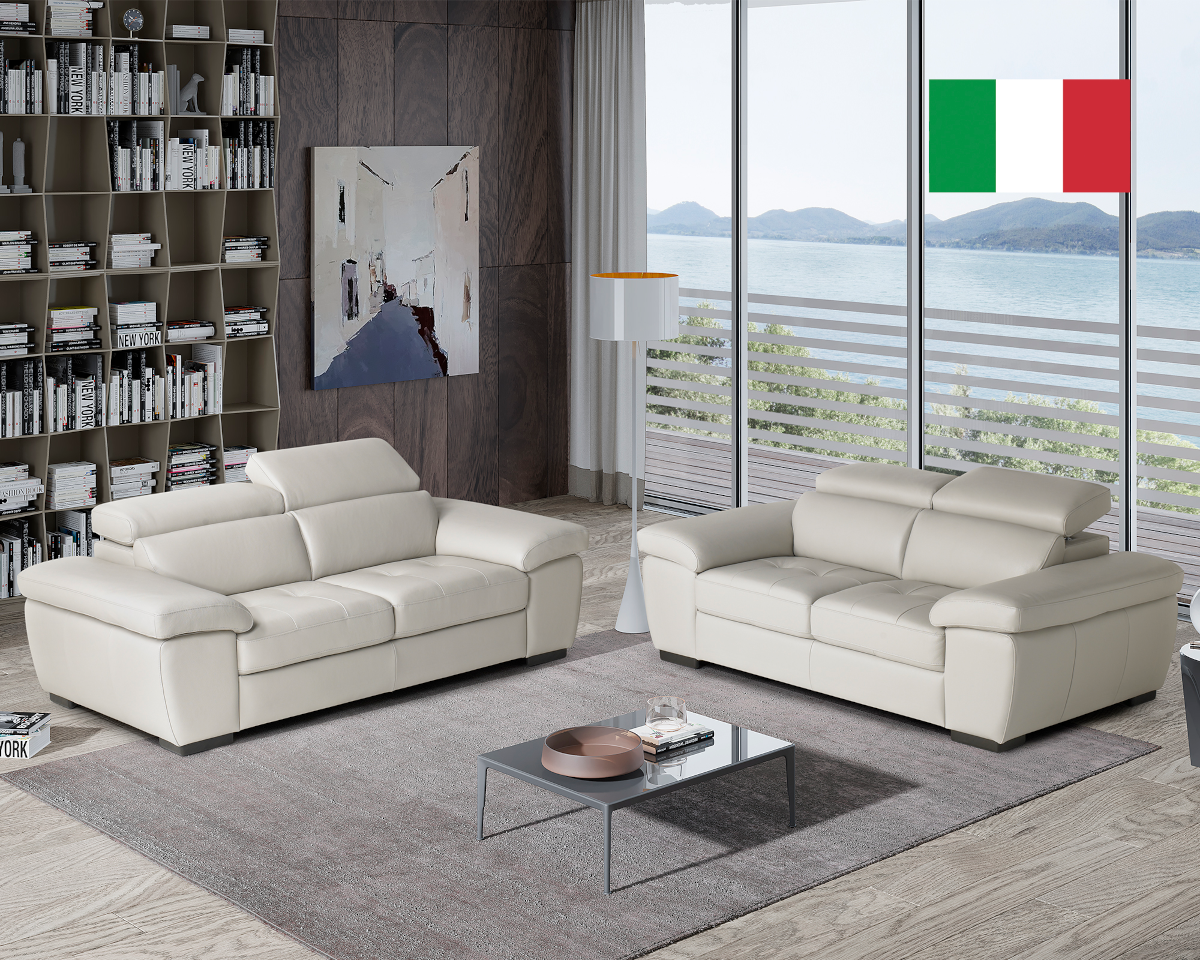When it comes to choosing a futon mattress, there are a variety of options available. Two of the most popular types are coil and foam futon mattresses. But which one is better? In this article, we will compare and contrast the top 10 features of coil and foam futon mattresses to help you make an informed decision.The Battle Between Coil and Foam Futon Mattresses
The main difference between a coil and foam futon mattress lies in the material used to construct them. A coil futon mattress, as the name suggests, is made up of steel coils. These coils are then covered with layers of foam and fabric. On the other hand, a foam futon mattress is made entirely of foam, usually a combination of memory foam and polyurethane foam.1. The Material
Both coil and foam futon mattresses offer good support and comfort, but in different ways. Coil futon mattresses have a bouncy and firm feel due to the steel coils, which provide excellent support for your back. Foam futon mattresses, on the other hand, have a softer and more contouring feel, molding to your body's shape for maximum comfort.2. Support and Comfort
When it comes to durability, coil futon mattresses have the upper hand. The steel coils are more resistant to wear and tear, making them a long-lasting option. Foam futon mattresses, while also durable, may start to lose their shape and support over time.3. Durability
If you share your futon with a partner, you may be concerned about motion transfer. Coil futon mattresses may have more motion transfer due to the bounciness of the coils. Foam futon mattresses, being more contouring, can absorb movement and offer better motion isolation.4. Motion Transfer
One common complaint with foam mattresses is that they tend to retain heat, making them uncomfortable for some people. Coil futon mattresses, on the other hand, have better airflow due to the space between the coils, making them cooler to sleep on.5. Temperature Control
When it comes to price, coil futon mattresses are generally more affordable than foam futon mattresses. This is because foam mattresses require more materials to construct and may have a higher production cost.6. Price
If you plan on moving your futon mattress frequently, weight may be a factor to consider. Coil futon mattresses are typically heavier due to the steel coils, while foam futon mattresses are lighter and easier to maneuver.7. Weight
Futon mattresses are known for their versatility, as they can be used as a sofa or a bed. Both coil and foam futon mattresses are suitable for this purpose, but foam futon mattresses may be more flexible and easier to fold due to their lighter weight.8. Versatility
When it comes to maintenance, coil futon mattresses may require more attention. The coils can become squeaky over time, and the fabric cover may need to be replaced. Foam futon mattresses, on the other hand, are generally low maintenance and may only require occasional spot cleaning.9. Maintenance
The Differences Between Coil and Foam Futon Mattresses

Which One is Right for Your Home?
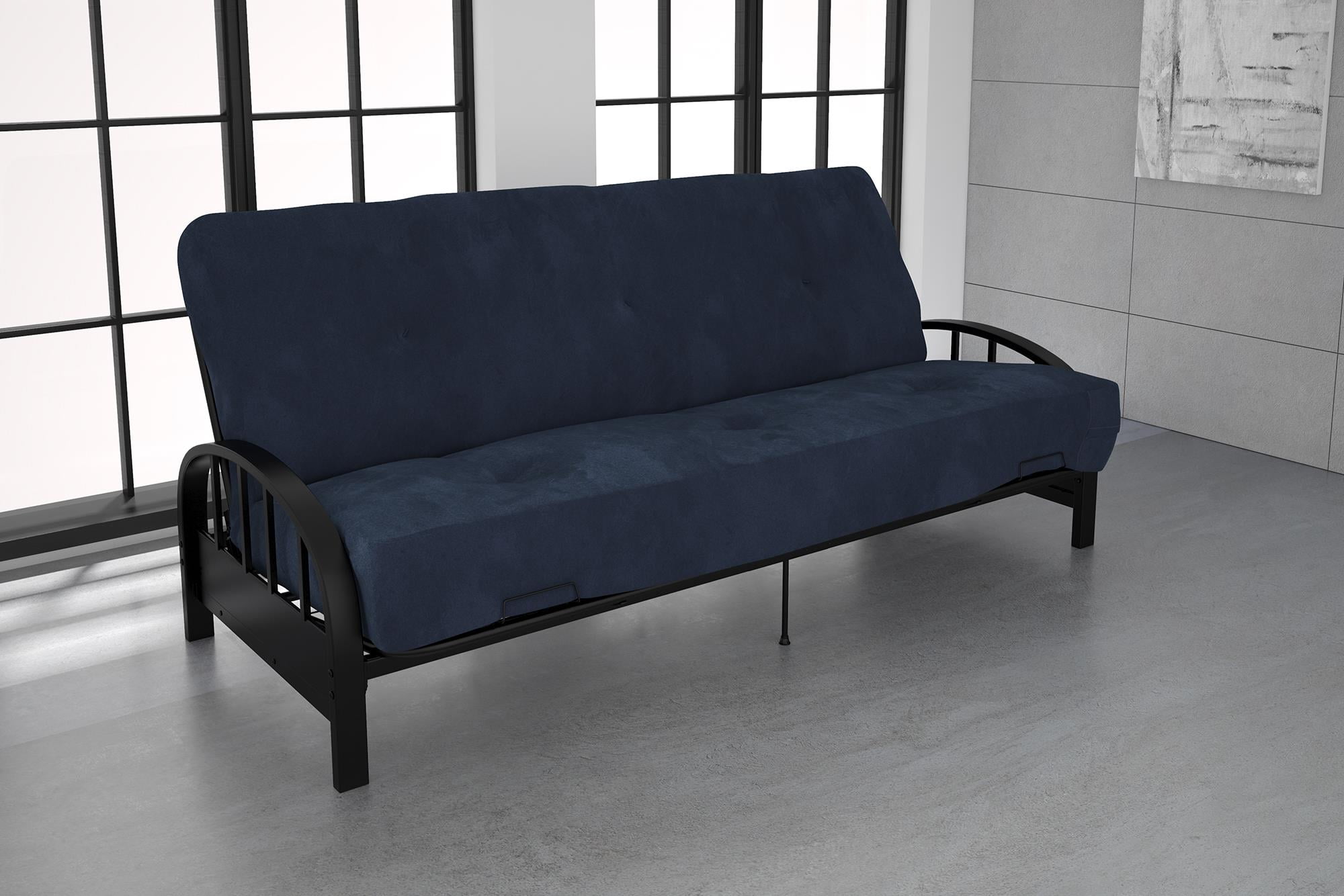 When it comes to choosing a mattress for your home, there are a variety of options available. However, two popular choices are coil and foam futon mattresses. Both offer their own unique benefits and it can be difficult to decide which one is right for you. In this article, we will explore the differences between coil and foam futon mattresses to help you make an informed decision for your home design.
When it comes to choosing a mattress for your home, there are a variety of options available. However, two popular choices are coil and foam futon mattresses. Both offer their own unique benefits and it can be difficult to decide which one is right for you. In this article, we will explore the differences between coil and foam futon mattresses to help you make an informed decision for your home design.
Coil Futon Mattresses
 Coil futon mattresses, also known as innerspring mattresses, are constructed with a series of metal coils that provide support and structure. These coils are typically encased in foam or fabric for added comfort. One of the main benefits of a coil futon mattress is its durability. The metal coils are designed to withstand years of use, making it a long-lasting option for your home. Additionally, the coil design allows for better air circulation, keeping the mattress cool and preventing overheating during the night.
However,
coil futon mattresses can be quite firm, which may not be suitable for some sleepers. The metal coils can also create pressure points, leading to discomfort and aches in the morning. It is also important to note that coil futon mattresses can be quite heavy, making it difficult to move or transport.
Coil futon mattresses, also known as innerspring mattresses, are constructed with a series of metal coils that provide support and structure. These coils are typically encased in foam or fabric for added comfort. One of the main benefits of a coil futon mattress is its durability. The metal coils are designed to withstand years of use, making it a long-lasting option for your home. Additionally, the coil design allows for better air circulation, keeping the mattress cool and preventing overheating during the night.
However,
coil futon mattresses can be quite firm, which may not be suitable for some sleepers. The metal coils can also create pressure points, leading to discomfort and aches in the morning. It is also important to note that coil futon mattresses can be quite heavy, making it difficult to move or transport.
Foam Futon Mattresses
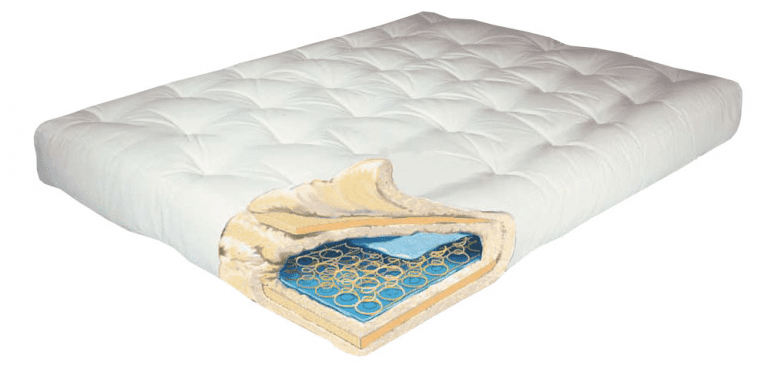 Foam futon mattresses, on the other hand, are made entirely of foam layers. These layers can vary in density and thickness, providing a range of comfort options for sleepers. Foam mattresses are known for their ability to contour to the body, providing excellent support and pressure relief. This can be beneficial for those with back or joint pain. Additionally, foam futon mattresses are lightweight and easy to move, making them a great option for those who prefer to rearrange their home frequently.
However,
foam futon mattresses may retain heat, causing discomfort for those who tend to sleep hot. They also have a shorter lifespan compared to coil futon mattresses, as foam can wear out and lose its shape over time.
Foam futon mattresses, on the other hand, are made entirely of foam layers. These layers can vary in density and thickness, providing a range of comfort options for sleepers. Foam mattresses are known for their ability to contour to the body, providing excellent support and pressure relief. This can be beneficial for those with back or joint pain. Additionally, foam futon mattresses are lightweight and easy to move, making them a great option for those who prefer to rearrange their home frequently.
However,
foam futon mattresses may retain heat, causing discomfort for those who tend to sleep hot. They also have a shorter lifespan compared to coil futon mattresses, as foam can wear out and lose its shape over time.
The Verdict
 Ultimately, the decision between a coil or foam futon mattress comes down to personal preference and needs. If you prefer a firmer and more durable option, a coil futon mattress may be the right choice for you. Alternatively, if you prioritize comfort and pressure relief, a foam futon mattress may be the better option. It is important to consider your sleeping habits and preferences when making this decision for your home.
Ultimately, the decision between a coil or foam futon mattress comes down to personal preference and needs. If you prefer a firmer and more durable option, a coil futon mattress may be the right choice for you. Alternatively, if you prioritize comfort and pressure relief, a foam futon mattress may be the better option. It is important to consider your sleeping habits and preferences when making this decision for your home.



